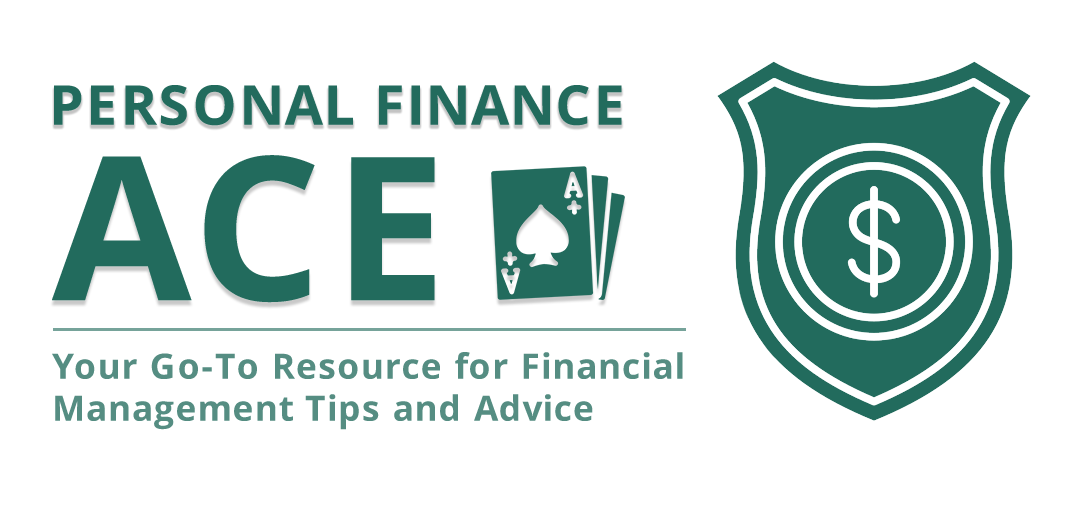Understanding your paycheck is more than knowing your net pay – it’s about understanding where your money is going and why. With various taxes, deductions, and benefits, it can get confusing. This guide will help you unravel the details of your paycheck.
Gross Pay vs. Net Pay
Your paycheck typically begins with your gross pay, which is your total income before any deductions. This could include your regular salary, overtime pay, bonuses, and any other forms of income you receive from your employer.
Your net pay, often referred to as your “take-home” pay, is the amount you receive after all deductions have been made.
Federal Income Tax
Your employer withholds federal income tax from each paycheck based on the information you provide on your W-4 form. This form is filled out when you start a new job and can be updated at any time.
State and Local Taxes
Depending on where you live, you may also have state and/or local income taxes withheld from your paycheck. The amount varies by state and locality.

FICA Taxes
The Federal Insurance Contributions Act (FICA) requires that a portion of your paycheck goes towards Social Security and Medicare. Your employer matches these contributions, effectively doubling the amount that’s put towards these programs.
Health Insurance Premiums
If you participate in your employer’s health insurance plan, your portion of the premium is typically deducted from your paycheck. The amount will vary based on the plan you choose.
Retirement Contributions
If you contribute to a retirement plan like a 401(k) or 403(b), those contributions are deducted from your paycheck. In some cases, your employer may match a portion of your contribution.
Other Deductions
You may see other deductions on your paycheck, such as for life insurance, disability insurance, or contributions to a Health Savings Account (HSA) or Flexible Spending Account (FSA).
In conclusion, understanding your paycheck allows you to better manage your money, plan your budget, and set financial goals. Make sure to regularly review your pay stubs to ensure all deductions are correct and make adjustments as necessary. Understanding your paycheck is an essential step towards financial literacy and personal finance management.





